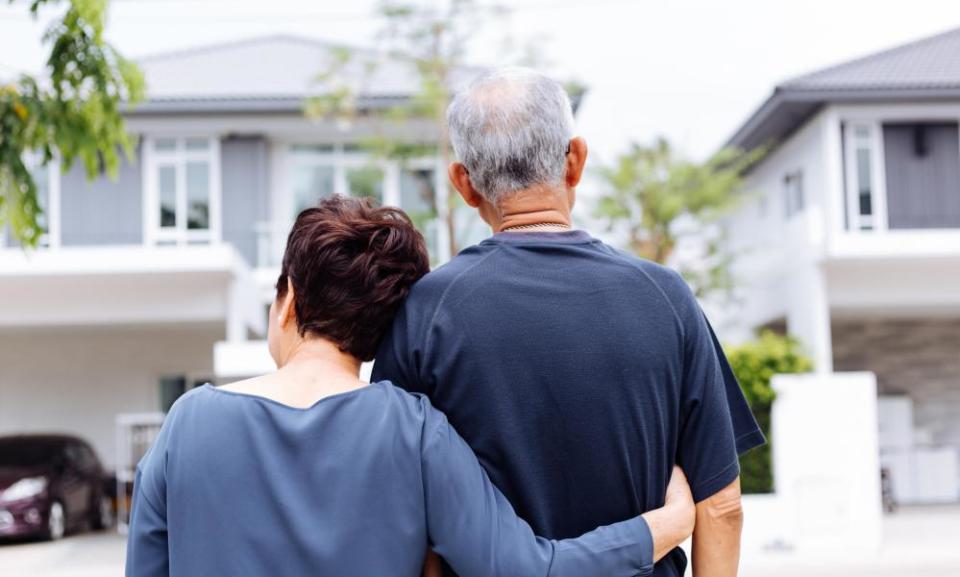Women have yet to achieve pension equality

Your article (200,000 UK women in line for pension back-payments of about £13,500, 4 March) has prompted me to write about my situation. While on his painful deathbed, my husband was cross that, at the age of 65, he had received just one pension instalment, after he had fully paid his national insurance contributions all his adult life, and that, as his widow, I would not be able to dip into this pot. My own contributions were much less, and my income has been topped up by pension credit. Luckily, we had made a private pension, rather than foreign holidays, a priority. But if we hadn’t, or we could not have afforded this option, my life now would be less comfortable. Many women are in part-time work in the interests of their family. Surely this is a state of affairs that should be addressed?
Name and address supplied

 Yahoo Finance
Yahoo Finance 